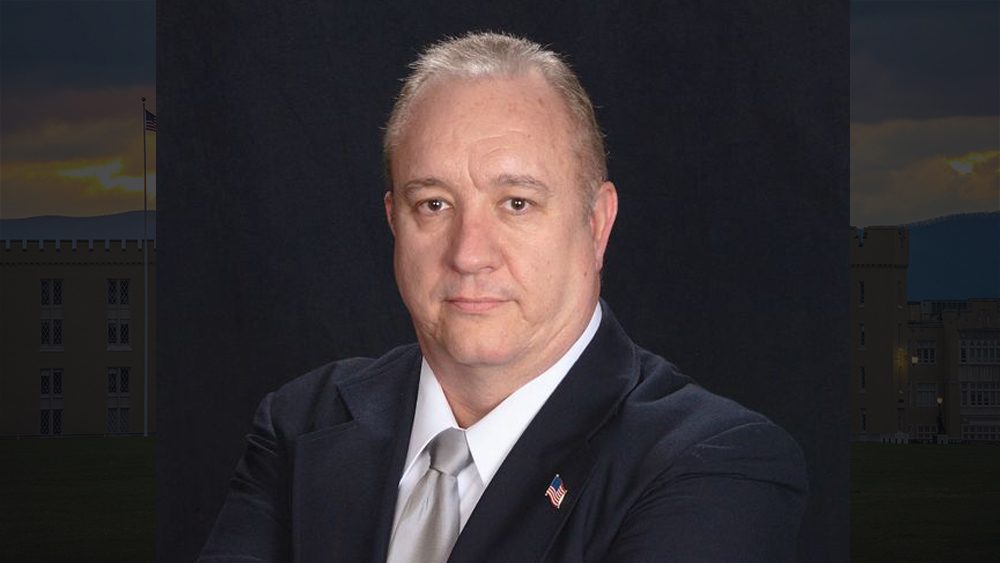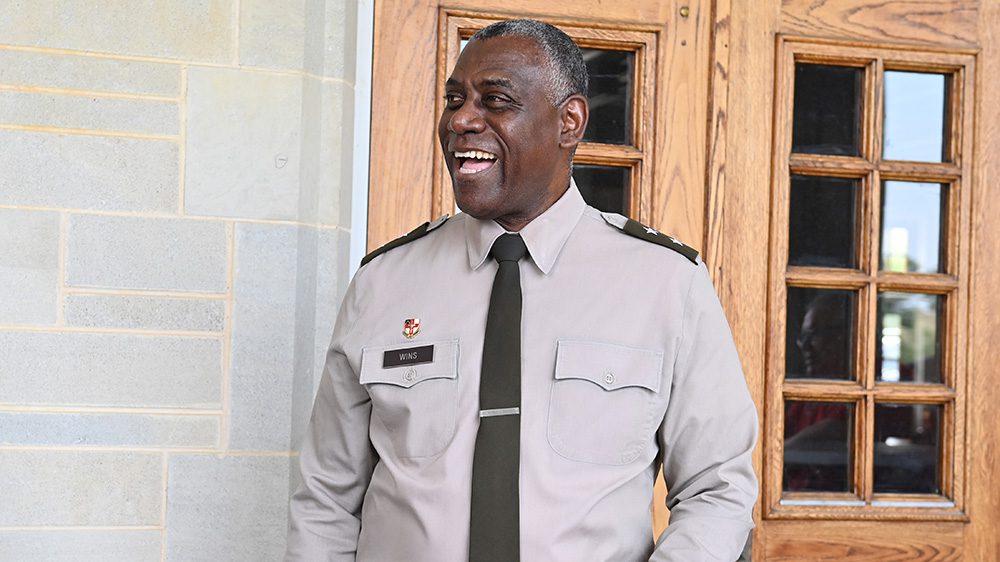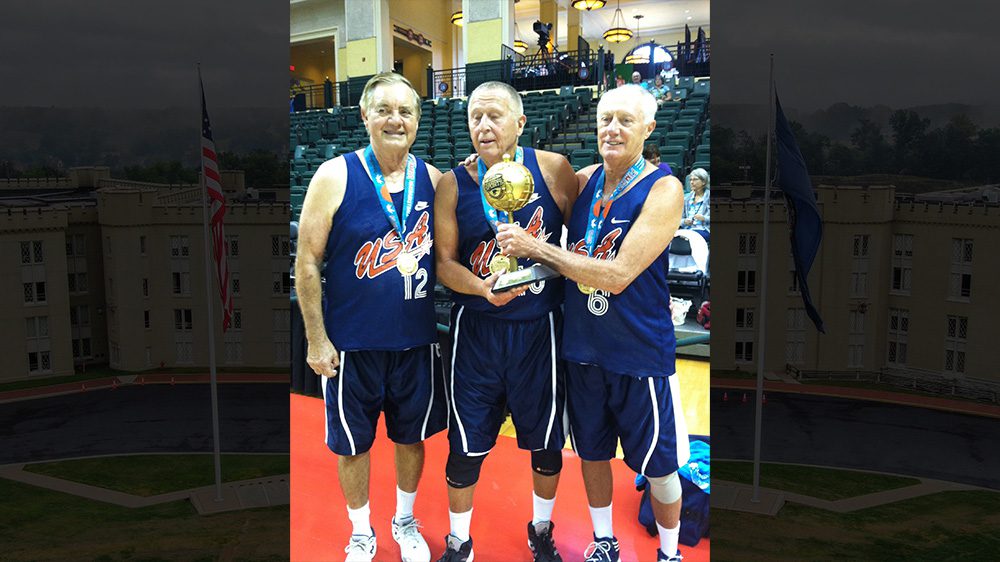Then, there’s the political dimension. “As in earlier emergencies, political leadership means a lot in terms of getting the job done and keeping citizens calm. The better leaders will have a solid ‘command presence;’ they’ll be decisive, calm, organized. They will be partners and team builders, surrounding themselves with the best in the business who’ll offer the best counsel. Finally, they’ll be effective communicators who convey complex concepts and describe appropriate actions to an anxious population in an understandable manner. Above all, they’ll project calm, confidence and hope.”
“Third, logistics. The old military maxim that ‘an Army travels on its stomach’ is equally applicable to emergency management. You can’t help people if you don’t have the proper tools. The President’s use of the Defense Production Act is getting industry focused on meeting our critical needs, but it will take time to get things in place.”
He cited three important differences, the first being the global scope of the crisis. This, he says, puts a far greater strain on available supplies, many of which come from overseas. The second is the reaction of some jurisdictions to the crisis. “Some have enacted near martial law and some are clamoring to impose that nationwide. But, we’re such a diverse country and that might mean different answers for different regions. Shutting down entire cities for months or a year without a care as to what that will do to our citizens and our economy has the potential to make, to borrow a phrase, ‘the cure more dangerous than the disease.’”
The third is the quality of response from the Department of Health and Human Services. During the Ebola virus response in 2014, according to Leonard, some from the HHS were somewhat uncomfortable working in leadership positions on a major response. “We’re well past that,” he said, “and the entire HHS team – to include the surgeon general, the Centers for Disease Control and the Public Health Service – is providing critical leadership.”
Like many, Leonard is “wearing two hats” – that of an emergency management consultant and a division commander in the U.S. Coast Guard Auxiliary. In the former, he is part of the efforts of his company – Emergency Management Solutions – across 18 states to respond to clients’ emerging needs for training and incident management support or consulting on improving daily operations plans. More specifically, Leonard’s team is currently providing incident management support for a 250-bed COVID-19 medical shelter, a 1,250-bed facility for homeless and mentally distressed persons, and several locations for people who have tested positive but are not in any medical distress.
As to the USCG Auxiliary, Leonard is responsible for 276 members who serve from Lake Charles, Louisiana, to Freeport, Texas. Right now, his division’s members are focusing on staying informed and safeguarding their families, but they are aware that they might be called upon to support the Coast Guard’s response to COVID-19, an oil spill, severe weather event or marine disaster.
“The Coast Guard motto is Semper Paratus or ‘Always Ready,’ and that is what we strive to be,” he said.
Asked to share some of the advice he is giving his colleagues in emergency management. Leonard stressed three points. “First, you must maintain strong relationships because working together is crucial. Next, no plan survives first contact with the situation. So, prepare to modify what you have to meet the emerging situation. The result might not be perfect, but it will likely help you get through the current situation. Finally, resources: Keep track of your resources, and that includes people, and don’t hoard them, because if you do, other communities may go without.”
Leonard also offered advice for everyone else. He suggested that people follow the CDC guidelines, as well as those from state and local public health authorities and emergency management agencies.
He stressed the need to remain calm, “Don’t panic. Don’t overreact. If you go shopping, get what you need for just a week or two, and you won’t need 83 rolls of toilet paper. If you overbuy, others do not get what they need,” he said.
“This is not something that will be over in a week or two. We might be dealing with this for several months. That’ll put a lot of folks under enormous stress. So, be kind and understanding of them. Make sure you look after your family, friends and neighbors. Above all, stay positive, don’t give up and never say die!”






